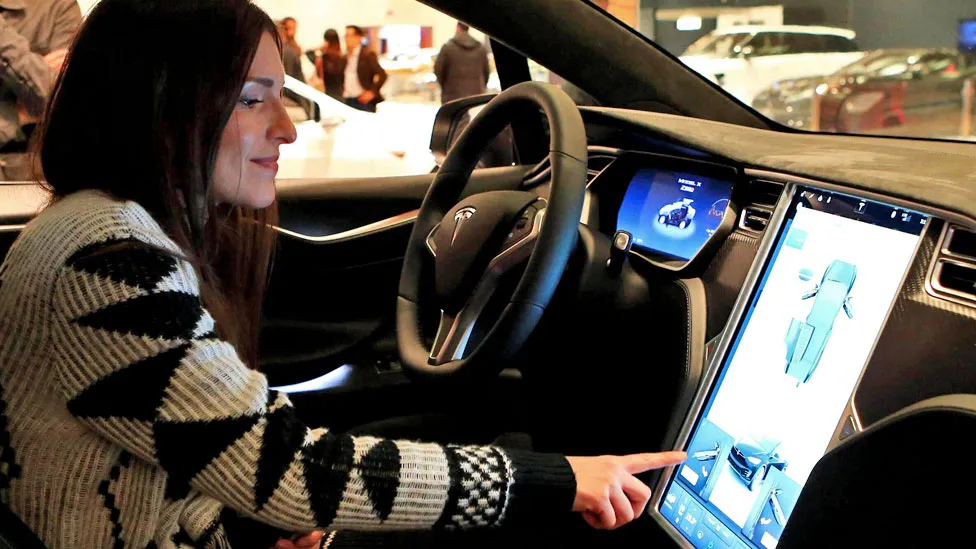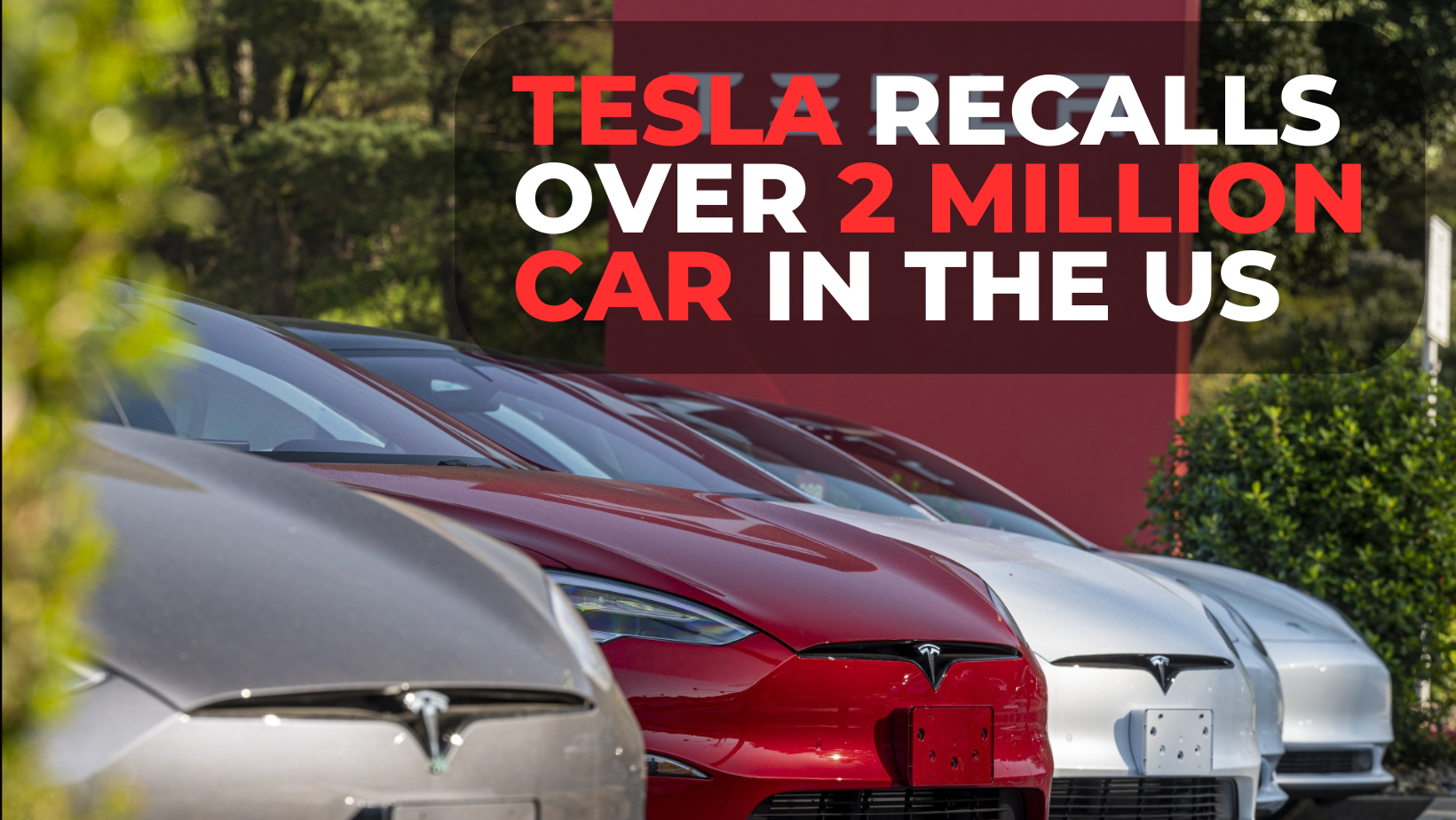
Tesla autopilot recall, Tesla has initiated a recall of over two million vehicles following findings by the US regulator that its Autopilot driver assistance system has some flaws.
The move comes after a thorough two-year investigation into accidents involving the use of Autopilot in vehicles owned by Elon Musk’s company.
The recall encompasses nearly every Tesla sold in the US since the introduction of the Autopilot feature in 2015.
Tesla has committed to resolving the issue by deploying a software update remotely, termed a “recall” by regulators. This update will be automatically installed without necessitating a visit to a dealership or garage.
Despite its name, Autopilot is designed to assist with steering, acceleration, and braking, requiring continuous driver involvement.
The US National Highway Traffic Safety Administration (NHTSA) identified a flaw in Autopilot’s driver monitoring system, which is responsible for detecting driver attentiveness, such as hand placement on the wheel.
Following an extensive investigation involving 956 crashes reportedly involving Autopilot, Tesla acknowledged the system’s limitations and announced the recall. The company admitted that the controls might not adequately prevent misuse by drivers.
The NHTSA emphasized the potential of automated technology in enhancing safety but stressed the importance of responsible deployment. It pledged ongoing monitoring of the updated software.
The recall follows criticism from a former Tesla employee, Lukasz Krupski, who expressed concerns about the technology’s readiness and safety, labelling drivers as involuntary test subjects on public roads.
This marks the second recall affecting Tesla vehicles this year. Recently, Tesla defended Autopilot’s safety in response to a Washington Post article, highlighting statistics that suggested fewer accidents when the system was engaged.
Tesla asserted that data supports improved safety for drivers and other road users when automation technology aids the driver.
